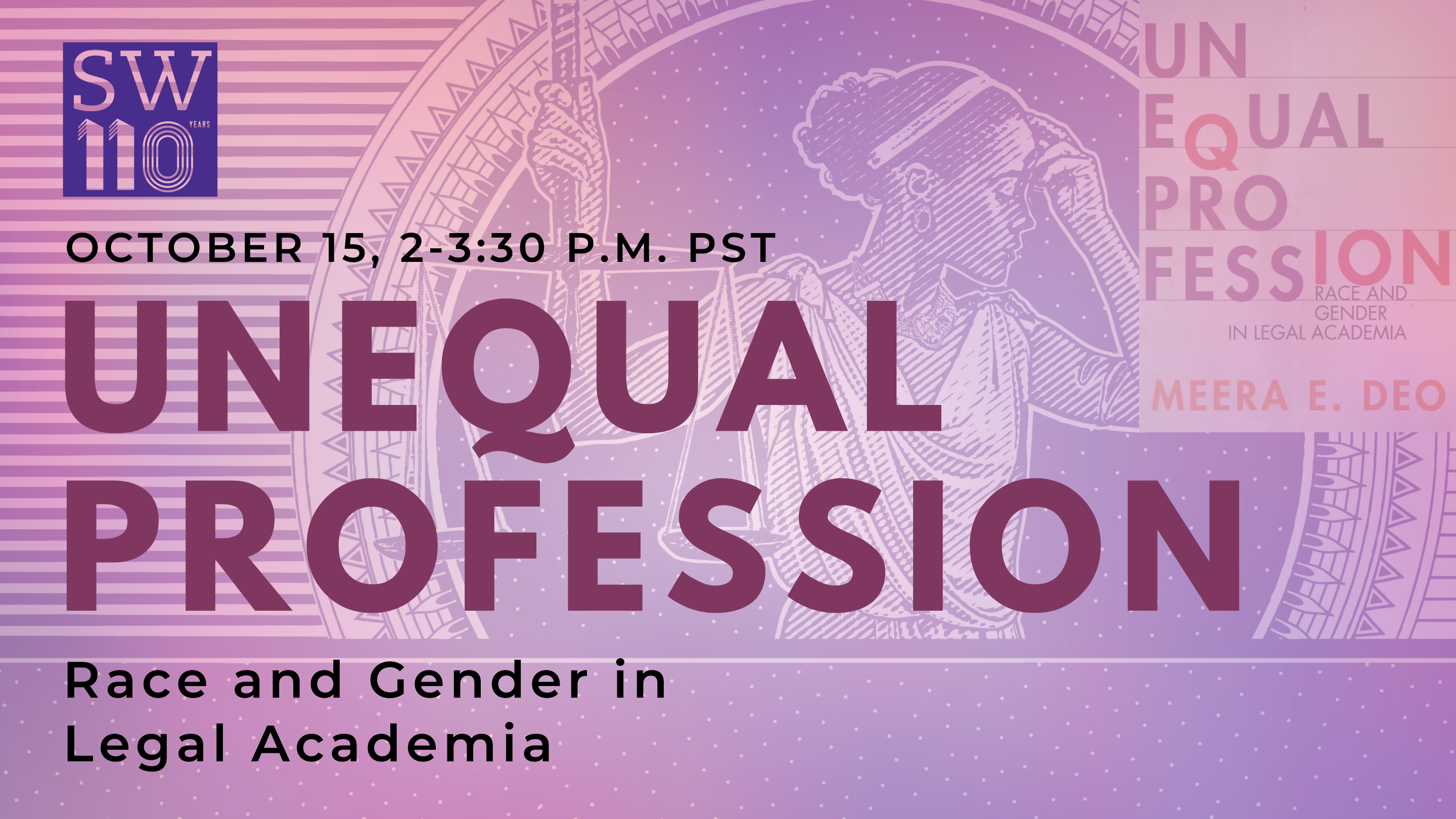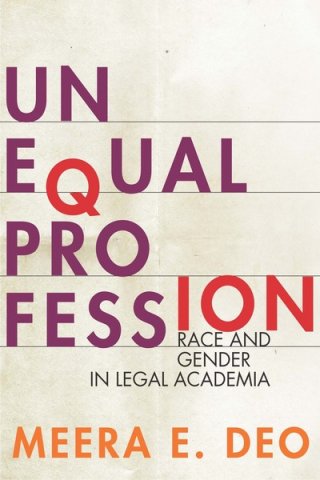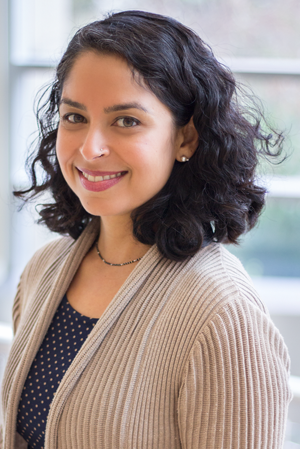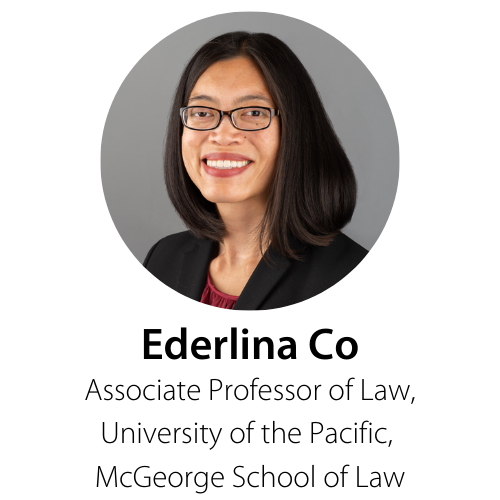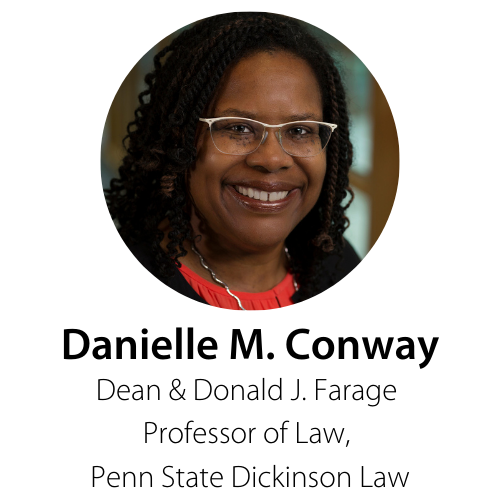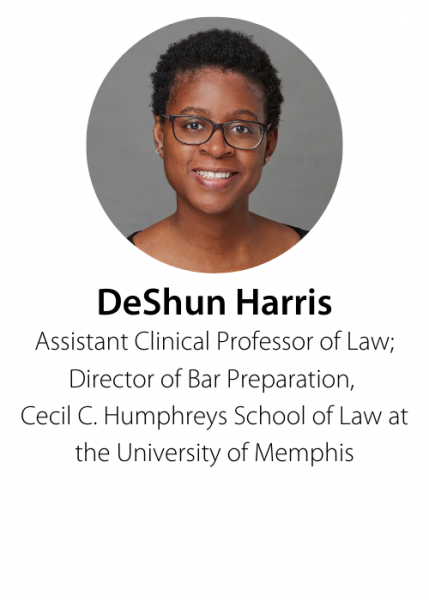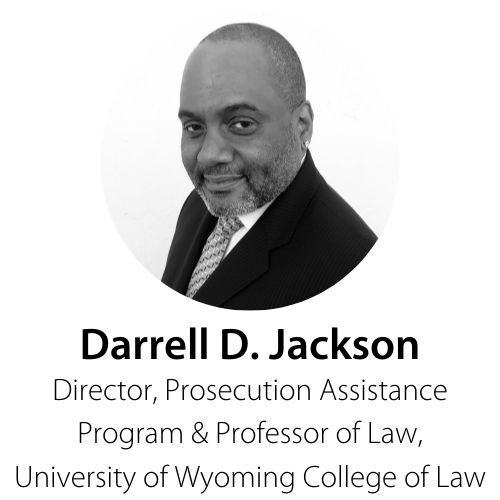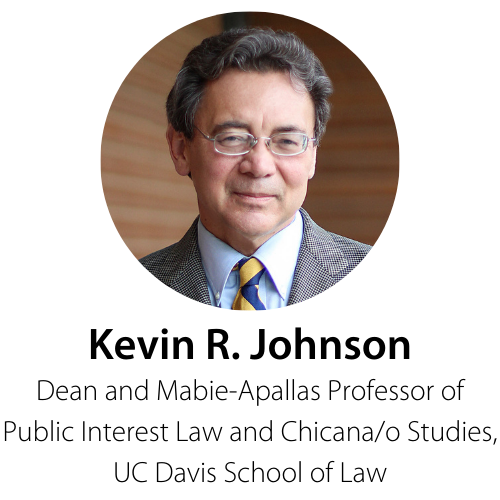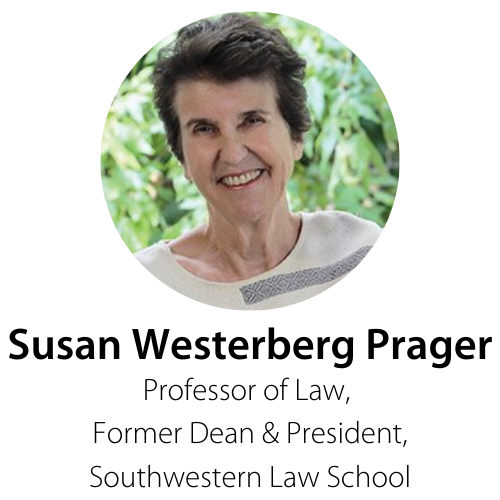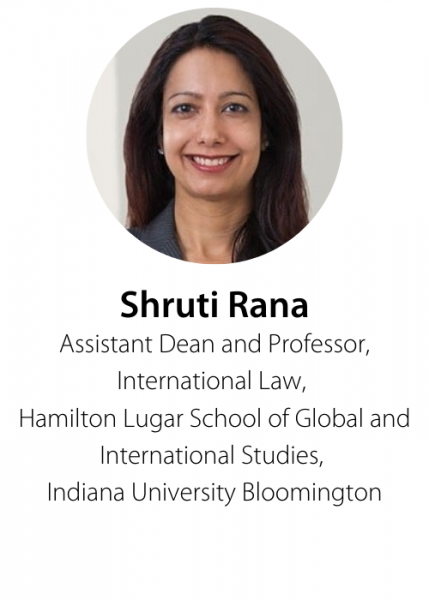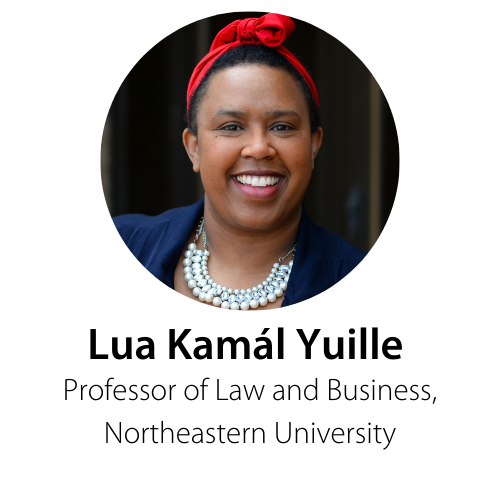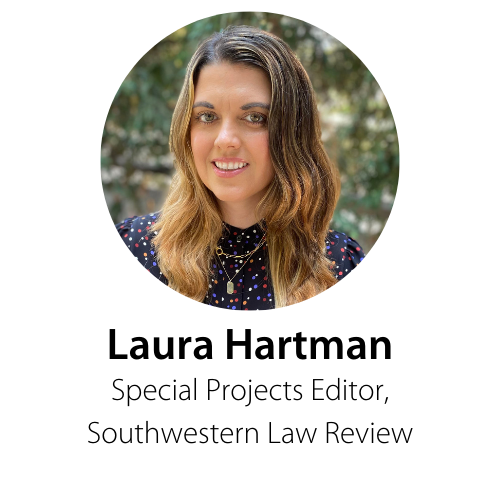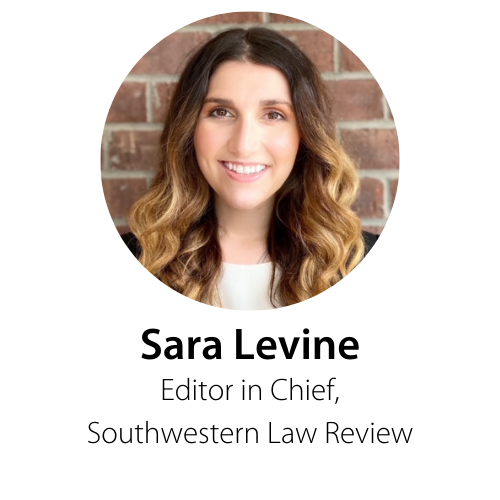Unequal Profession: Race and Gender in Legal Academia
October 15, 2021
2:00 P. M. - 3:30 P.M. PST
1.5 Hours CLE
Professor Meera E. Deo joins us for a discussion with other distinguished legal scholars about her book, Unequal Profession: Race and Gender in Legal Academia (Stanford University Press, 2019). The book draws from her landmark Diversity in Legal Academia (DLA) project, the first formal empirical study to investigate raceXgender challenges and opportunities facing law professors in their personal and professional lives. The book not only exposes ongoing biases, but also reveals individual strategies and structural solutions to maximize success.
In Unequal Profession: Race and Gender in Legal Academia, Professor Meera E. Deo reveals troubling findings of ongoing raceXgender bias in the law school faculty ranks. The book draws from her Diversity in Legal Academia (DLA) project, which is the first formal mixed-method study of the law faculty experience. Her study utilizes an intersectionality framework from Critical Race Theory along with empirical (survey and interview) methods to investigate the experiences of women and men from various racial and ethnic backgrounds and amplify the voices of those who are traditionally underrepresented and marginalized.
Professor Deo’s findings of intersectional bias are alarming. Classroom confrontations and biases in course evaluations have devastating effects on tenure and promotion. Colleagues who mansplain, hepeat, and silence marginalized faculty contribute to a higher rate of attrition for female professors of color. The data reveal interesting parallels between hiring and leadership for women of color faculty, as many do not pursue faculty or administrative positions because they are told (directly or indirectly) that they do not belong. These experiences of exclusion and marginalization parallel those of traditionally underrepresented students. Unequal Profession outlines individual strategies for success that worked for many and can be adapted for others. Necessary structural solutions—from thinking “outside the box” to purposefully working against implicit bias—are also emphasized in the book.
Unequal Profession is available on Amazon, Barnes & Noble, and Apple iBooks. Readers can find more information and also purchase the book from the Stanford University Press website.
Professor Meera E. Deo, J.D., Ph.D., is an interdisciplinary scholar who utilizes empirical methods to interrogate trends in legal education, institutional diversity, and affirmative action. She is Director of the Law School Survey of Student Engagement (LSSSE) based at Indiana University and Professor of Law at Southwestern Law School. Last year she was the William H. Neukom Fellows Research Chair in Diversity and Law at the American Bar Foundation. Her book, Unequal Profession: Race and Gender in Legal Academia (Stanford University Press, 2019), draws from the first empirical study of law faculty utilizing an intersectional lens to investigate raceXgender challenges and identify solutions to overcome barriers facing traditionally underrepresented faculty. Professor Deo is also a co-editor and contributing author for Power, Legal Education, and Law School Cultures (Routledge Press, 2019). She earned a BA from UC Berkeley, JD from the University of Michigan Law School, and PhD in Sociology from UCLA. She has held visiting positions at Berkeley Law, UC Davis School of Law, UC Irvine School of Law, and UCLA School of Law. In 2020, she was elected to the American Law Institute.
Professor Deo practiced civil rights law with the ACLU National Legal Department in New York City, where she worked on impact litigation involving privacy and cyberspace law. She was later Staff Attorney for Women’s Health, and Director of the Breast Cancer Legal Project at the California Women’s Law Center, a statewide women’s advocacy nonprofit based in Los Angeles. The National Science Foundation (NSF), Paul & Daisy Soros Fellowship, AccessLex Institute, Wolters Kluwer, and others have supported her groundbreaking research. Professor Deo’s scholarship draws from original mixed-method empirical research to investigate the law student and law faculty experience. One line of her current empirical research proposes improvements to affirmative action policies based on analyses of the experiences of contemporary law students. Another ongoing empirical project investigates pandemic effects on diversity, equity, and inclusion in legal academia and proposes strategies for administrators, institutions, and others to mitigate these challenges.
Professor Deo is a regular speaker at national and regional conferences including those organized by the Association of American Law Schools (AALS), the American Sociological Association (ASA), and the Law & Society Association (LSA). She has served as Chair of the AALS Section on Law and the Social Sciences, Executive Committee Member of the AALS Section on Empirical Studies of Legal Education and the Legal Profession, and a Senate-appointed member of the California Commission on Access to Justice. In addition, Professor Deo has worked as a consultant to dozens of law schools as well as the South Asian Network (SAN), the ACLU of Southern California, and the Law School Admission Council (LSAC).
The Southwestern Law Review is a student-edited quarterly journal that publishes scholarly articles and commentary on the law contributed by prominent jurists, practitioners, law professors, and student members of the Law Review staff.
